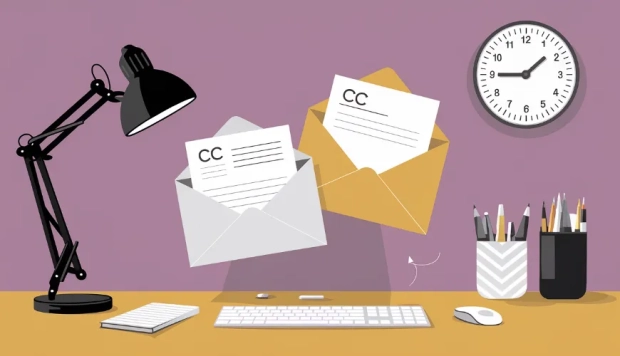Email Scraping

What is Email Scrape or Email Scraping?
Today, when communication is key, email remains a cornerstone for marketers. The ability to reach out directly to your audience's inbox is invaluable, but the challenge often lies in building a robust, relevant email list. This is where the concept of email scraping and extraction comes into play. But, what are the ethical considerations, best practices, and tools necessary for effective email scraping? Let's take a deeper look.
Email scraping, at its core, involves collecting email addresses from various sources on the internet. This practice can range from harvesting emails from websites, social media platforms, to professional networking sites. However, it's crucial to navigate this process with a keen understanding of privacy laws and ethical guidelines to ensure that your email marketing efforts are both effective and respectful of user consent.
Ethical Email Scraping
One of the first steps in ethical email scraping is understanding the importance of email verification. It's not just about collecting as many email addresses as possible; it's about ensuring these emails are active, valid, and belong to individuals likely to be interested in your offerings. Email verification tools play a vital role here, helping marketers cleanse their lists of inactive or fake email addresses, thereby improving the efficiency of their email campaigns.
But why is email verification so critical? Consider the impact of sending emails to invalid addresses. Not only does it waste resources, but it can also harm your sender's reputation, leading to lower email deliverability rates. Therefore, integrating email verification into your scraping process is not just a best practice; it's a necessity for maintaining the health of your email marketing efforts.
Now, you might wonder, how does one ethically scrape emails? The answer lies in transparency and consent. Always ensure that the sources from which you're extracting emails are aware of your intentions. Provide clear opt-in mechanisms for individuals to consent to receive communications from you. This not only aligns with global privacy regulations like GDPR and CAN-SPAM but also builds trust with your audience.
Furthermore, consider the tools and software you choose for email scraping and extraction. Opt for reputable solutions that emphasize ethical practices and compliance with privacy laws. These tools should enable you to filter and segment email lists based on various criteria, ensuring you're reaching out to the most relevant audience.
But, what about the challenges? Email scraping is not without its hurdles. The ever-evolving landscape of privacy laws means that marketers must stay informed and adaptable. The risk of acquiring low-quality or irrelevant email addresses is also a concern, highlighting the need for continuous list maintenance and verification.
As we navigate the complexities of email scraping, it's essential to remember the end goal: building meaningful connections with your audience. By focusing on ethical practices, respecting user consent, and prioritizing email verification, you can create an email list that not only supports your marketing objectives but also fosters trust and engagement with your audience.
So, as email marketers, we must ask ourselves: Are we doing enough to ensure our email scraping practices are responsible and effective? Reflecting on this question can guide us toward more respectful, impactful email marketing strategies.



